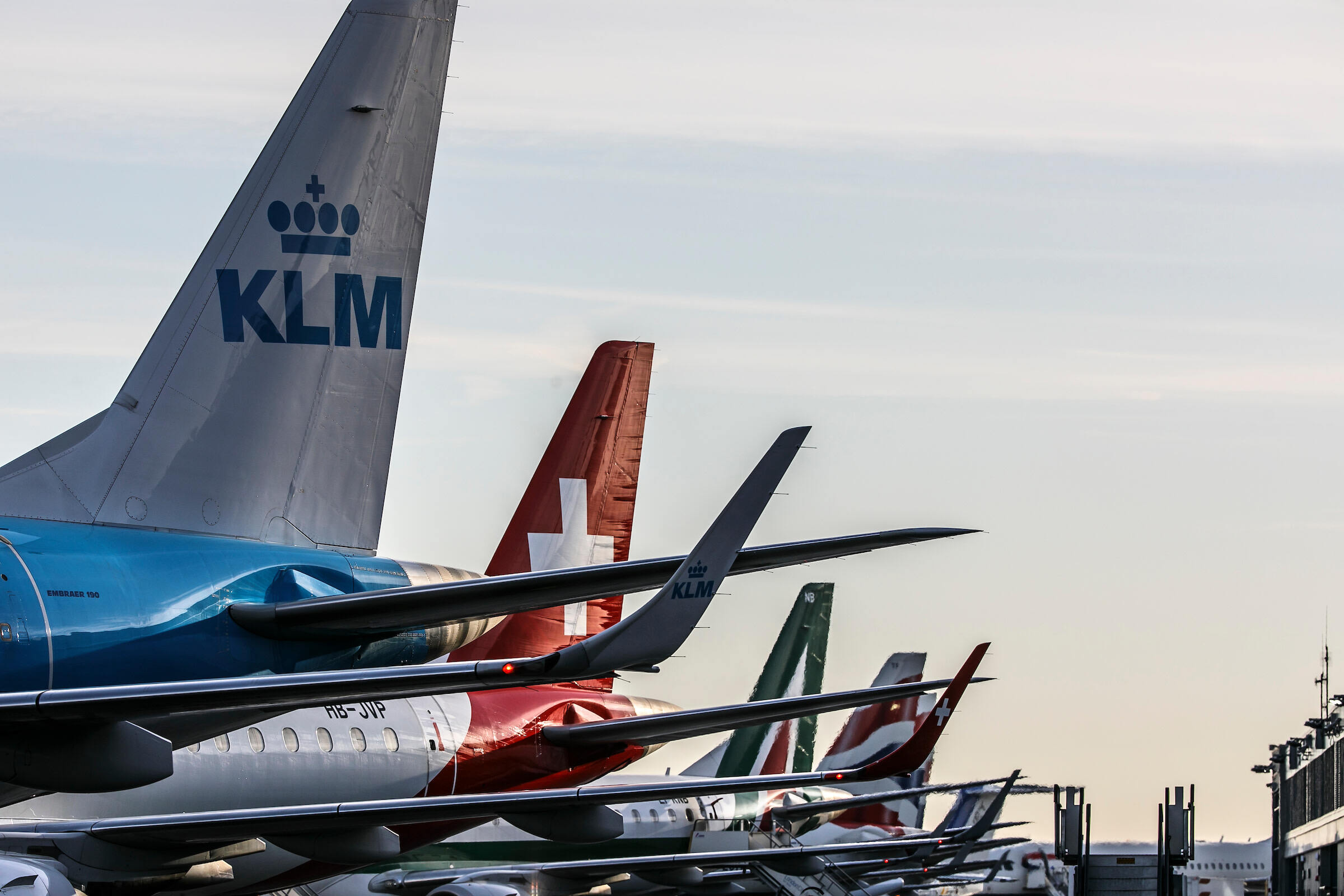
Ever wondered how airlines operate behind the scenes? Airlines are more than just planes and pilots. They involve a complex web of logistics, technology, and customer service. From the moment you book a ticket to the time you land at your destination, countless processes ensure your journey is smooth. Did you know that the average commercial airplane flies at 35,000 feet? Or that some airlines serve over 50 million passengers annually? Airlines also play a crucial role in global trade, transporting goods across continents. Understanding these facts can give you a new appreciation for your next flight. Buckle up as we dive into 25 fascinating facts about airlines!
The History of Airlines
Airlines have a rich history filled with fascinating milestones and achievements. Let's dive into some intriguing facts about their evolution.
-
The first commercial airline, St. Petersburg-Tampa Airboat Line, began operations in 1914, offering flights between St. Petersburg and Tampa, Florida.
-
KLM Royal Dutch Airlines is the world's oldest airline still operating under its original name, founded in 1919.
-
Pan American World Airways, commonly known as Pan Am, was the first airline to offer a round-the-world ticket in 1947.
-
The Boeing 707, introduced in 1958, revolutionized air travel by making long-distance flights more accessible and affordable.
Technological Advancements in Aviation
Technology has played a crucial role in shaping the airline industry. Here are some key advancements that have transformed air travel.
-
The introduction of jet engines in the 1950s significantly reduced flight times compared to propeller-driven aircraft.
-
Concorde, a supersonic passenger airliner, could fly from New York to London in just under three hours, debuting in 1976.
-
Fly-by-wire technology, first used in the Airbus A320 in 1988, replaced traditional manual flight controls with electronic systems.
-
In-flight Wi-Fi, introduced in the early 2000s, allows passengers to stay connected while flying.
Airline Safety and Security
Safety and security are paramount in the airline industry. Here are some facts highlighting the measures taken to ensure passenger safety.
-
The black box, or flight data recorder, was invented in the 1950s to help investigate aviation accidents.
-
Air marshals were introduced in the 1960s to enhance in-flight security.
-
TSA (Transportation Security Administration) was established in 2001 to oversee security in U.S. airports following the 9/11 attacks.
-
Advanced imaging technology scanners, introduced in 2007, provide enhanced security screening at airports.
Environmental Impact of Airlines
Airlines have a significant impact on the environment. Here are some facts about their efforts to reduce their carbon footprint.
-
Biofuels are being developed as a sustainable alternative to traditional jet fuel.
-
Carbon offset programs allow passengers to compensate for their flight's carbon emissions by funding environmental projects.
-
Electric aircraft are being researched and developed to reduce greenhouse gas emissions.
-
Fuel-efficient aircraft designs, such as the Boeing 787 Dreamliner, help reduce fuel consumption and emissions.
Airline Operations and Economics
The operations and economics of airlines are complex and fascinating. Here are some insights into how airlines function.
-
Hub-and-spoke model is a system where airlines operate flights from smaller airports to a central hub, optimizing efficiency.
-
Low-cost carriers like Southwest Airlines and Ryanair have revolutionized air travel by offering affordable fares.
-
Frequent flyer programs reward loyal customers with points or miles that can be redeemed for flights and other benefits.
-
Overbooking is a common practice where airlines sell more tickets than available seats, anticipating no-shows.
Interesting Airline Facts
Here are some fun and lesser-known facts about airlines that might surprise you.
-
The shortest commercial flight in the world is between Westray and Papa Westray in Scotland, lasting just two minutes.
-
Singapore Airlines offers the longest non-stop flight, from Singapore to Newark, covering 9,534 miles in about 18 hours.
-
Emirates serves over 100 million meals annually, catering to diverse dietary preferences.
-
Qantas has a remarkable safety record, with no fatal accidents since the advent of the jet age.
-
Delta Air Lines operates the largest fleet of aircraft in the world, with over 900 planes.
The Final Boarding Call
Airlines have fascinating histories and quirky facts that make them more than just a way to get from point A to point B. From the first commercial flight in 1914 to the introduction of in-flight Wi-Fi, airlines have come a long way. They’ve revolutionized travel, connecting people across the globe. Did you know that the longest non-stop flight lasts over 18 hours? Or that some airlines offer luxurious amenities like private suites and showers? These tidbits highlight the diversity and innovation within the industry. Next time you board a plane, remember the rich tapestry of facts that make air travel so intriguing. Whether you're a frequent flyer or an occasional traveler, knowing these facts can make your journey a bit more interesting. Safe travels and happy flying!
Was this page helpful?
Our commitment to delivering trustworthy and engaging content is at the heart of what we do. Each fact on our site is contributed by real users like you, bringing a wealth of diverse insights and information. To ensure the highest standards of accuracy and reliability, our dedicated editors meticulously review each submission. This process guarantees that the facts we share are not only fascinating but also credible. Trust in our commitment to quality and authenticity as you explore and learn with us.


